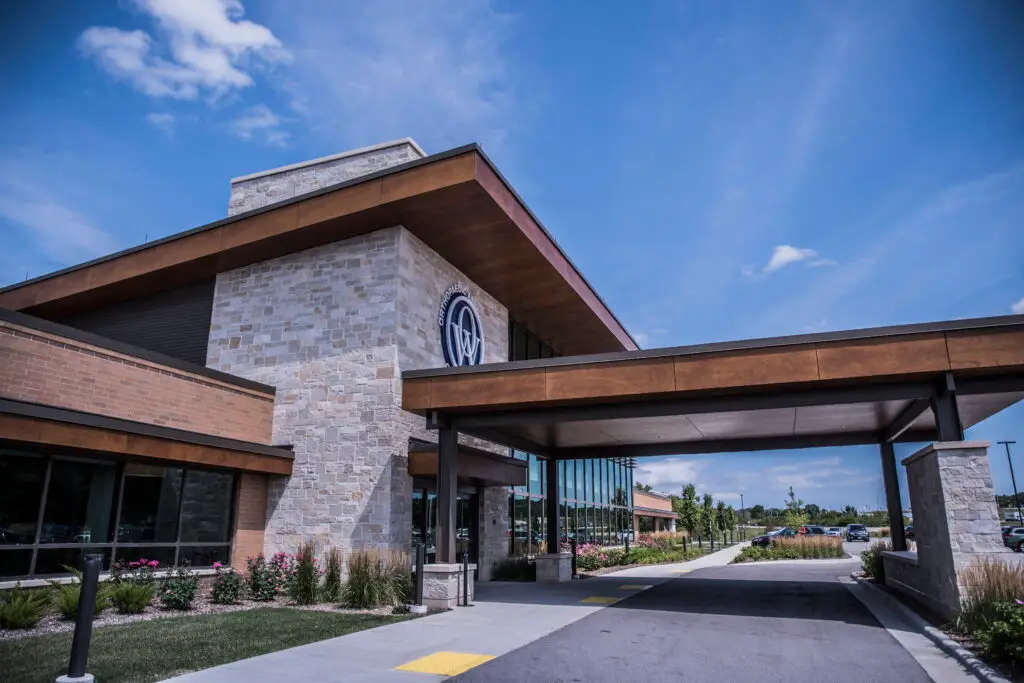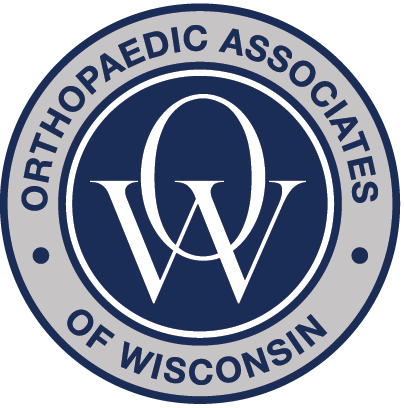Meniscal Tears and Surgery
Expert Care for Knee Injuries: Understanding, Diagnosing, and Treating Meniscal Tears
What is a Meniscal Tear?
A meniscal tear is a common knee injury that affects the cartilage cushioning the joint. Each knee contains two medial and lateral menisci, which act as shock absorbers between the femur (thigh bone) and tibia (shin bone). Tears can happen suddenly during sports or physical activity, or gradually due to aging and degeneration.
Types of Meniscal Tears
There are two primary categories of meniscal tears:
Traumatic tears: Often seen in athletes and caused by sudden twisting or pivoting motions.
Degenerative tears: Common in older adults and result from gradual wear and tear over time.
Tears can also vary by shape and severity. Common tear patterns include:
Horizontal
Radial
Flap
Bucket-handle
The type and location of the tear will guide the treatment approach.
Signs and Symptoms of a Meniscus Tear
Patients with a torn meniscus typically experience:
Pain, especially along the joint line
Swelling and stiffness
A popping sensation at the time of injury
Catching or locking of the knee
Difficulty fully bending or straightening the leg
Symptoms may develop immediately or gradually over several days, depending on the nature of the tear.
Diagnosing a Meniscal Tear
At Orthopaedic Associates of Wisconsin, diagnosis starts with a detailed clinical evaluation. Your provider will perform a physical exam, including specialized maneuvers like the McMurray test, to check for mechanical symptoms and tenderness.
If further evaluation is needed, we offer in-house MRI imaging to confirm the size and location of the tear. This allows us to create a personalized treatment plan from your initial visit.
Treatment Options for Meniscal Tears
Treatment varies based on the patient’s age, activity level, and the specific characteristics of the tear.
Nonoperative Management
Many stable or minor tears can be treated without surgery. Common nonsurgical options include:
Rest, ice, compression, and elevation (RICE)
Anti-inflammatory medications
Physical therapy to strengthen the knee and improve mobility
Bracing or temporary activity modification
These conservative treatments are often effective for degenerative or small tears.
Surgical Options
Surgery may be necessary if the tear is large, unstable, or not responding to conservative care. We offer advanced, minimally invasive arthroscopic procedures:
Meniscectomy: Removal of the torn portion of the meniscus
Meniscus repair: Suturing the tear, ideal for younger patients or tears near the vascular edge
Meniscus transplant: Used in select patients who have lost the entire meniscus and meet specific criteria for tissue replacement
All procedures are outpatient and performed by our board-certified orthopedic surgeons.
Recovery After Meniscus Surgery
Recovery time depends on the procedure. Patients undergoing a meniscectomy can often return to regular activities within two to four weeks. A meniscus repair requires a more extended healing period, typically three to six months, with physical therapy playing a crucial role in recovery.
Meniscus transplant patients may need six months or more to fully return to high-level activity. Our team will work with you to ensure a safe and complete rehabilitation process, tailored to your goals.
OUR SPORTS MEDICINE SPECIALISTS
Ljiljana Bogunovic, MD
Specialties:
Hip, Knee, Shoulder, Sports Medicine
Jon M. Englund, MD
Specialties:
Sports Medicine, Knee, Hip, Shoulder, Spine, Foot & Ankle, Elbow, Hand & Wrist
Thomas B. Viehe, MD
Specialties:
Knee, Shoulder, Sports Medicine, Foot & Ankle
Hongsheng Zhu, MD, Ph.D
Specialties:
Foot, Ankle, Knee & Sports Medicine, Joint Replacement (Knee & Ankle)
Ready to Take the Next Step Toward Relief?
If you’re experiencing knee pain, swelling, or limited mobility due to a possible meniscus injury, our orthopaedic knee specialists are here to help. Request an appointment today and take the first step toward lasting relief.








